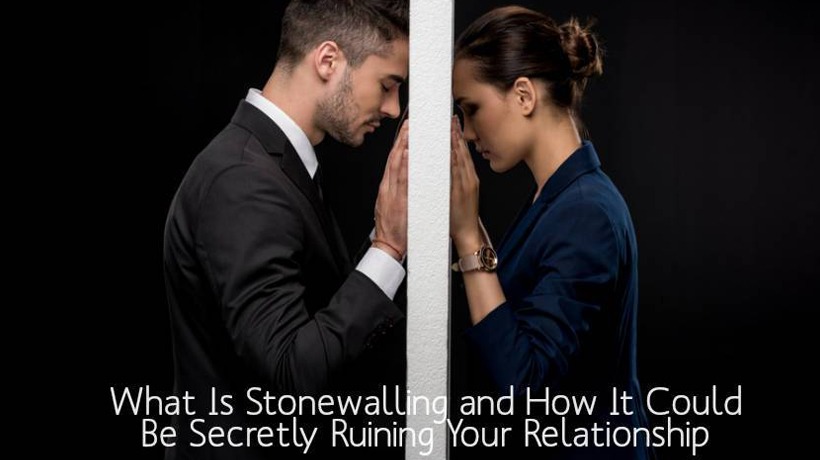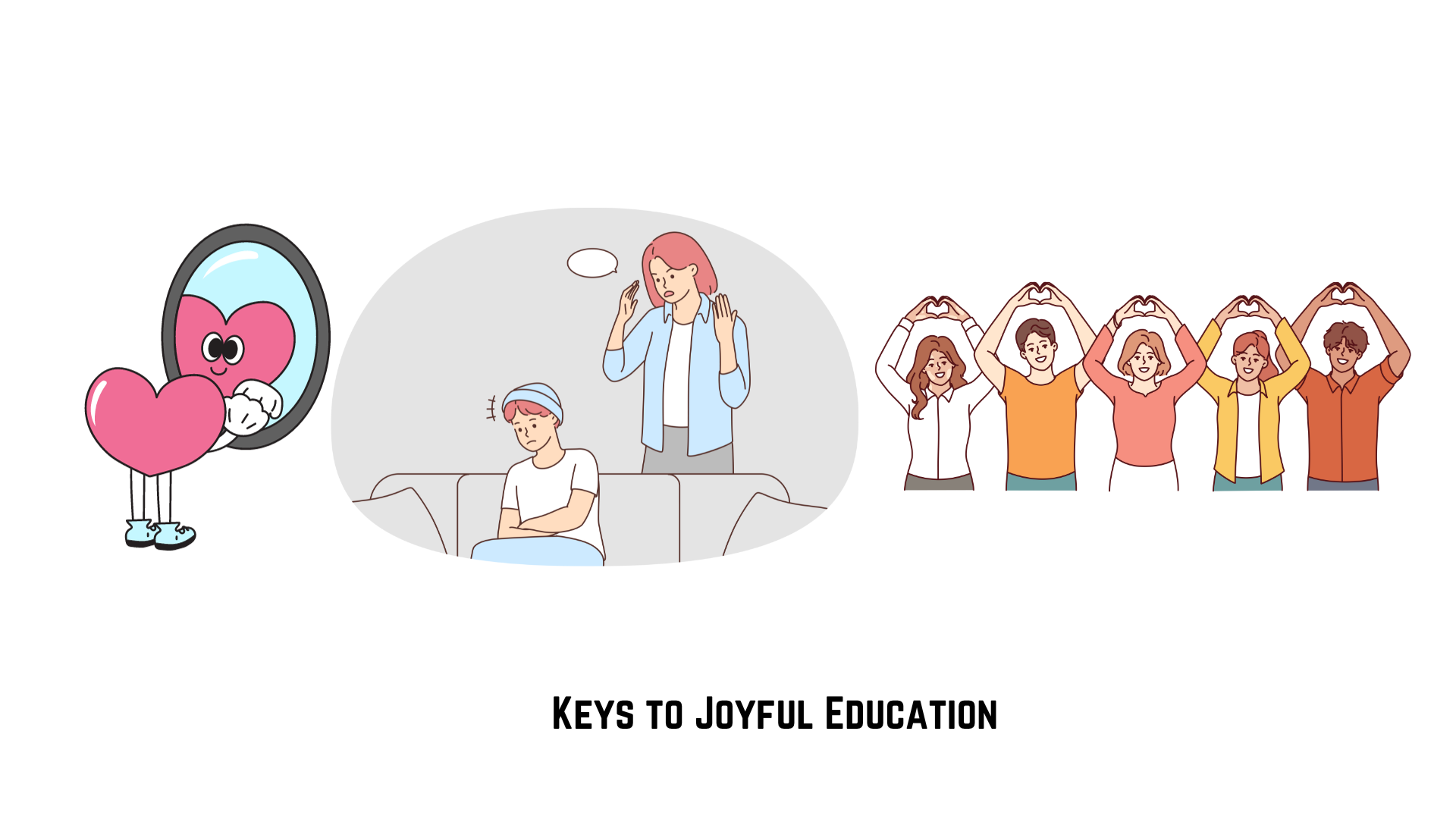Trending Now
- 830 voters names go missing in Kavundampalayam constituency
- If BJP comes to power we shall consider bringing back electoral bonds: Nirmala Sitaraman
- Monitoring at check posts between Kerala and TN intensified as bird flu gets virulent in Kerala
Columns
Stonewalling your partner in relationship – Toxic or therapeutic
![]() October 8, 2018
October 8, 2018
Often we encounter people who refuse persistently to communicate or express emotions. It is very common doing conflicts. People stonewall in an attempt to avoid an uncomfortable conversation. People fear to engage in an emotional discussion because it might end up in a fight.
How to know if you are being stonewalled/you are stonewalling:
The person/you:
·Avoid/s a discussion of one’s feelings
·Refuse/s to give nonverbal communication cues
·Dismiss/es the discussion without warning or explanation
·Refrain/s to discuss the issue at hand.
The person who stonewalls behaves in a certain manner because in a close relationship conflicts can be emotionally/physiologically overwhelming and the thought of hurting someone feels unbearable. The person might think it is therapeutic because he/she saved the relationship from a fight. However, in reality it is toxic as this behaviour can be very distressing to the partner who wishes to discuss the area of conflict, and the lack of communication might often cause extreme irritation, anger and frustration, the feeling of hopelessness and experience a loss of control or self-esteem dwells in.
If one stonewalls the partner deliberately it can be a sign of being manipulative and having a controlling strategy as it is a way to gain power over a partner while seemingly doing nothing. The partner might try various ways to resolve the issue with desperation and say or do anything to get the stonewalling to stop in that process making the partner feel ignored, misunderstood, invalidated which in turn causes nothing but pain.
It is not just stonewalling that is toxic it’s the emotional and physical reactions of the partners that are involved which makes the entire situation volatile.
John Gottman, a marriage therapist who did extensive research on stonewalling in partnerships, found men often react to disagreements with more signs of physiological stress than women do, and thus, they have been shown to be more likely to stonewall than women, often in an attempt to remain neutral or avoid conflict. The reasons:
1.The brain design: Women’s brains, are more developed in the area of feelings, verbal, and interpersonal relating. Men’s brains are more developed in the area of problem solving and logical processes. Hence, it is understandable that they don’t want to address it. In their heads, they might know it is the right thing do by the sheer incompetency of how to go about with it makes them stonewall the partner
When You Stonewall
1.Figure out what you are feeling
Pay attention to the physiological details to understand your psychological state of mind. A lump in your throat might mean sadness. Burning in your chest might mean anger. A fluttering in your stomach might mean anxiety.
Understanding and knowing what you are feeling might help you address the issue at hand and might stop you from shutting down completely.
2.Communicate how you are feeling.
Communication is the key to successful relationship. Talk to your partner ahead of time. You might have your own approach like “I felt this when you said that,” “What is the best way for me to talk to you so you hear me?” Understand that the partner is waiting to know what is happening inside your head out of sheer care and love the agenda is not to point fingers/defend yourself. The idea is getting things on the table and working to resolve things together.
3.Learn to soothe yourself.
Self-soothing is very individualized. Whenever you feel torn down and find yourself caught up in this emotional turmoil. Ask for time, be honest and clear with yourself and your partner about what feelings are arising. Do not deny the feeling, accept it with grace and dignity. Take 20 mins and find activities that genuinely calm you down. Once done with calming yourself down you can then confront but do address the elephant in the room for a healthy relationship. The reason to calm yourself down before conversing with your partner is so that you respond and not react.
When Your Partner Stonewalls
1.it’s not you.
Your partner has learnt to deal with situations and manage emotions in that fashion. Ergo, he/she will not change overnight. By expecting and forcing, him/her to change you are trying to control the person and that is not what love is all about. Asking and wanting him to change might lead to resentment on both sides. It can be frustrating and it might leave you angry or the feeling of you not being good enough sets in when the partner decides to shut down despite of your loving approach. However, reflect on your behaviour as well. Many times your tone or pitch might go up a notch to prove a point but this might make our partner feel pressurized or suffocated. Let him/her be.
2.Talk beforehand.
Talk to your partner about the best way to communicate with them when they are shutting down. In other words, what is a helpful way for you to talk to them when they’re starting to withdraw from the conversation?
3.Detach and set boundaries.
When you recognize that your partner is stonewalling, you can choose to lovingly detach and not enable or perpetuate an unhealthy dynamic.When you keep trying to get your partner to engage with you when they do not want to, you communicate that you’ll tolerate this kind of behaviour, and there’s no motivation on their part to change (when you’re doing it for them).
“[D]etaching and setting a clear boundary sends the message that although they have a right to behave as they please, they cannot do so while in connection with you. By removing yourself from the situation, your partner is left with no one to focus on (or blame) but themselves.”
Relationships and the sign “work in progress” go hand in hand. The key is to effectively repair the problem/ Practice turning criticism into a complaint, defensiveness into responsibility, contempt into respect (avoid contempt as much as possible in general though), and stonewalling into responsiveness. Build yourself, your partner and grow together.






















